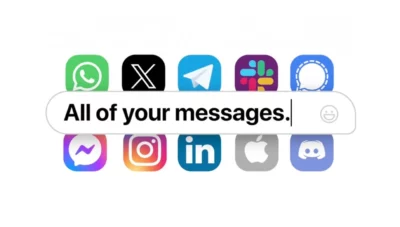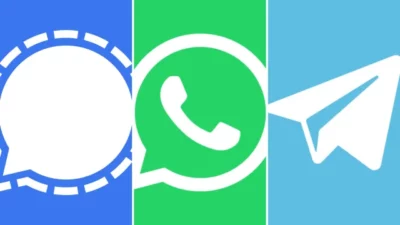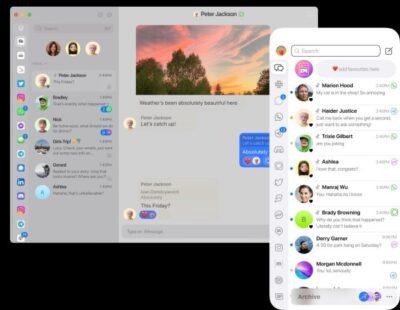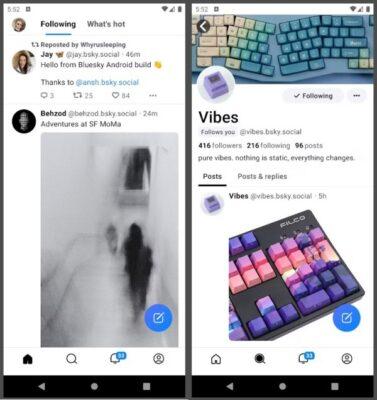Thank You EU: WhatsApp working on cross-platform interoperability with other messengers

The European Union has recently reached an agreement on a significant competition reform known as the Digital Markets Act (DMA), which will impose strict rules on large tech companies that will have to offer users the ability to communicate with each other using different apps. WhatsApp has a 6-month period to align the app with the new European regulations to provide its interoperability service in the European Union. At the moment, it remains unclear whether this feature will also eventually extend to countries beyond the European Union.
Interoperability will allow other people to contact users on WhatsApp even if they don’t have a WhatsApp account. For example, someone from the Signal app could send a message to a WhatsApp user, even without a WhatsApp account. Third-party chat support is under development and it will be available in a future update of the app.
I, like quite a few others, completely deleted their WhatsApp accounts after the Cambridge Analytica scandal, and the then new Terms of Service that WhatsApp forced down on its users, allowing metadata to be passed upstream to Meta. As we all saw already, Meta could not be trusted at all with any metadata (the data relating to the usage of the app, locations, friends, and lots more behaviour data). Even now, I only recreated a Facebook account after getting the Beeper app, which would allow me to do Facebook Messaging without installing the Facebook app on my phone at all.
So, yes, I do have a few friends still stuck on WhatsApp, and who do not seem to realise they can also install other messenger apps like Signal, Telegram, etc. An interoperability will allow me to stay on Telegram and Signal, whilst being able to message some friends on WhatsApp (is this not really what Beeper also sort of offers, except that WhatsApp still requires the WhatsApp app to be installed, which is not an option for me at all).
I therefore welcome what the EU is trying to achieve. Just like e-mail can work between different e-mail domains, so should messaging. I realise there may be challenges, or limitations, to E2EE, but maybe this is why we need a standard too for this interoperability. Maybe if Matrix is used as the connecting medium, the chat message can be still E2EE between the parties using that Matrix room. Beeper is using Matrix as their interconnectivity (completely transparently to the user), and any Beeper-to-Beeper messages are fully E2EE. What they’ve done with Signal is to establish to separate E2EE channels from each client to the personal Matrix room in the middle, so yes it does break the full E2EE, but it may be acceptable for this purpose, if done in this way.
Ideally some new (or existing) protocol standard could be agreed on, and if that is supported in-app by WhatsApp and any of the other messaging services, it will be possible to do full E2EE messaging between end clients.
Why does this matter? Well, it is about that tracking and metadata. So, if I trust Telegram or Signal more than WhatsApp, then my metadata stops by my client, and that data does not travel over to WhatsApp, just the message and the friend contact who is already on WhatsApp. Like Beeper, my app will insulate me from WhatsApp.
The other big benefit will be that you use the app that you are most comfortable with, and do not have to install 7 other apps to communicate with everyone everywhere else (if their apps participate in the interoperability).
Users that want to stay on WhatsApp, can stay there. But yes, from a consumer point of view, they could now more easily move away from WhatsApp. That means WhatsApp must complete a bit harder to make their service really worthwhile to use (I doubt they’ll change their privacy stance!).
See https://wabetainfo.com/whatsapp-beta-for-android-2-23-19-8-whats-new/
#Blog, #EU, #interoperability, #privacy, #technology, #whatsapp
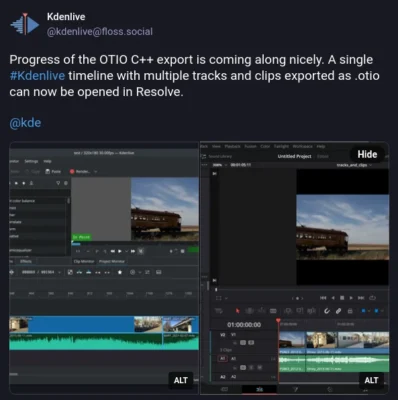
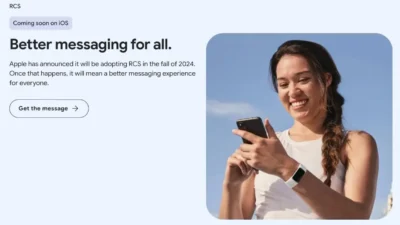

:format(webp)/cdn.vox-cdn.com/uploads/chorus_asset/file/25270802/247011_Fediverse_Explainer_final_CVirginia.jpg)
/cdn.vox-cdn.com/uploads/chorus_asset/file/25270802/247011_Fediverse_Explainer_final_CVirginia.jpg)

